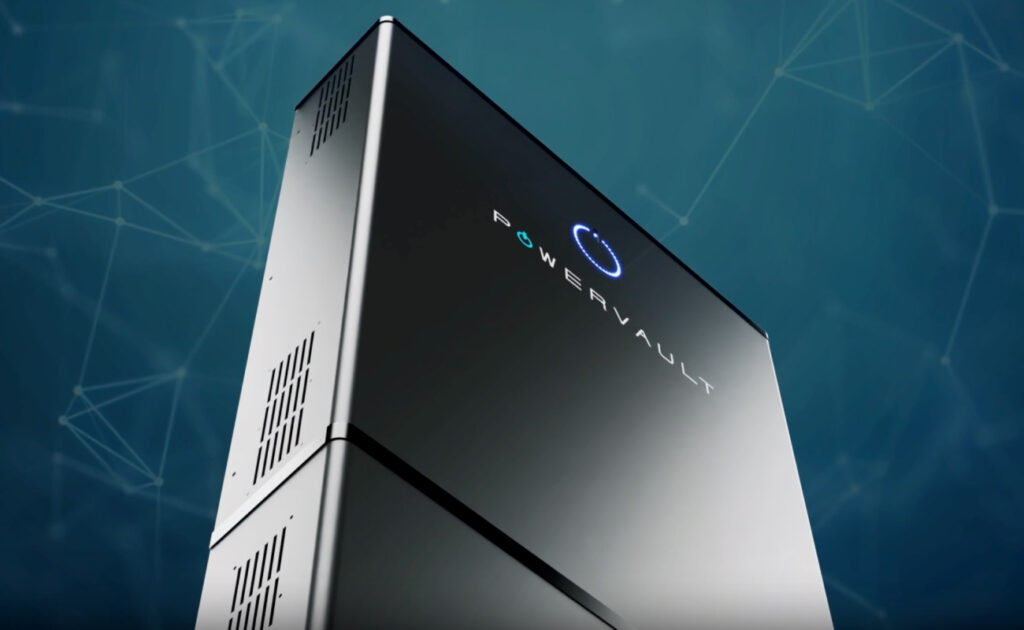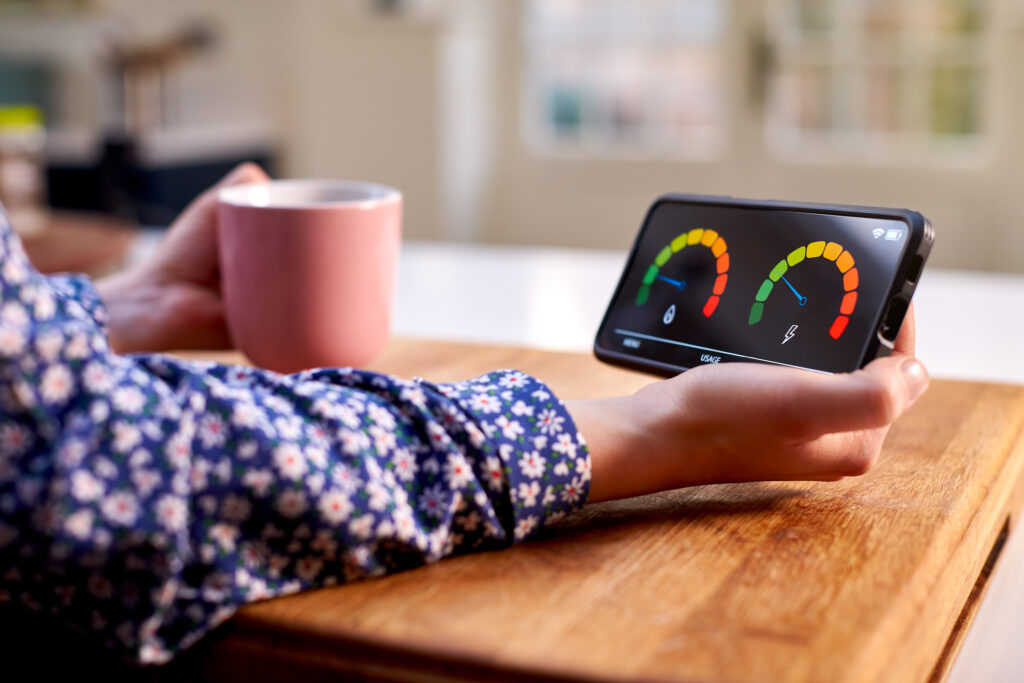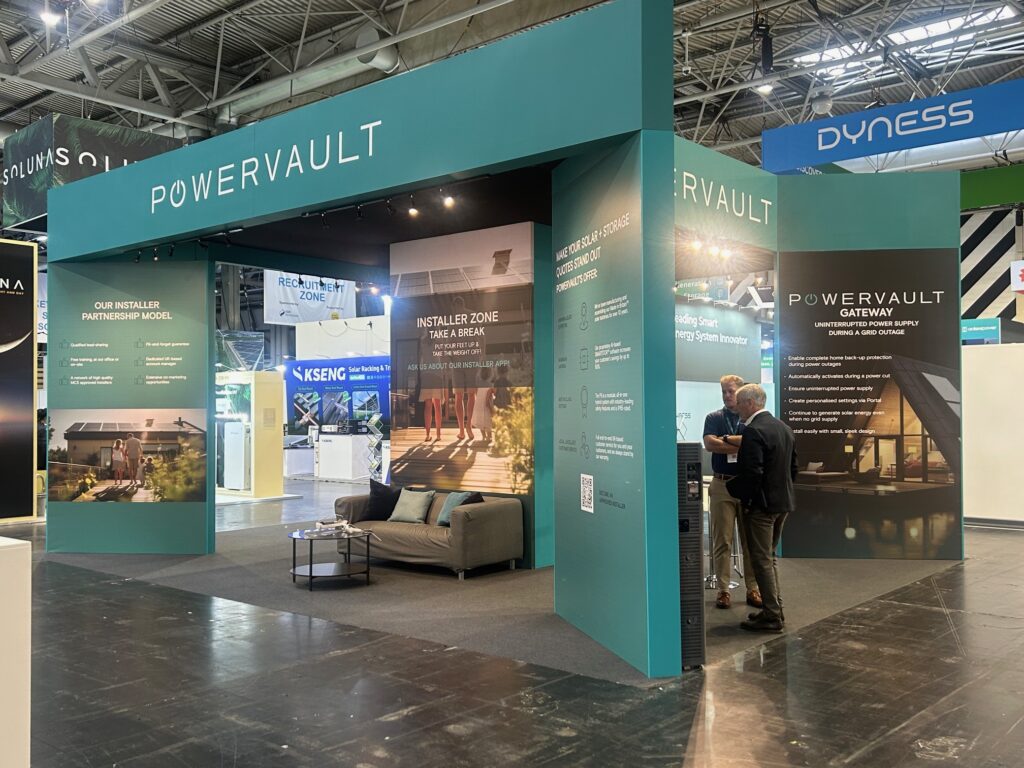
InsightPowervault Research: Green energy tech knocks 29% off bills
Introduction
Across the UK, over 1.3 million households have already installed solar panels to lower their energy bills and use greener electricity.
But only a small fraction of these households are also using solar batteries, time-of-use tariffs and energy management software. This “technology gap” could lead them to miss out on an average of £680 in additional savings every year.
Solar batteries allow homeowners to store any spare energy generated by their solar panels, together with electricity bought from the grid. New time-of-use tariffs mean households can buy energy more cheaply at certain times of day.
Powervault SMARTSTOR™
SMARTSTOR™ energy management software automatically manages your solar battery, generating even more savings. It learns your individual energy usage patterns, constantly scans the weather forecast, and knows your tariff, so that it can make the optimum daily decisions about how much cheap energy from the grid to store and how much battery capacity to leave available for your free surplus solar generation.
Robin Stopford, executive chairman of Powervault, said: “Green energy technology is helping to transform the way people use energy. It means we all can lower our energy costs, use greener electricity and be part of the solution to climate change. Peak electricity demand on the UK grid is between 4pm and 8pm, so solar panels on their own do not address the problem. Energy management software like SMARTSTOR™, solar batteries and time-of-use tariffs all have an absolutely fundamental role to play in decarbonising the grid and achieving net zero.”
The table below shows how green energy tech saves money for households.

Notes on methodology
Our research is based on the energy use and costs of 100 of our customers. The “annual household energy bill” is a pro-forma average annual electricity bill modelled on the usage and expenditure of this sample. The research was carried out in Q4 2023 using data and modelling from 2022 and 2023. The analysis does not include the set up costs of buying solar panels or batteries. The figures include the standing charge. According to the UK Government, 1.3 million homes in the UK now have solar panels. Manually setting an overnight charging profile can save money for customers, however it can also cost them more, as it can also mean losing the opportunity to maximise savings from lower cost solar energy.
Read more...Recent insight
Energy insight in your inbox
Subscribe to Powervault’s email newsletter and be the first to hear about new products, plus get all the latest news, analysis and insight from Powervault.


